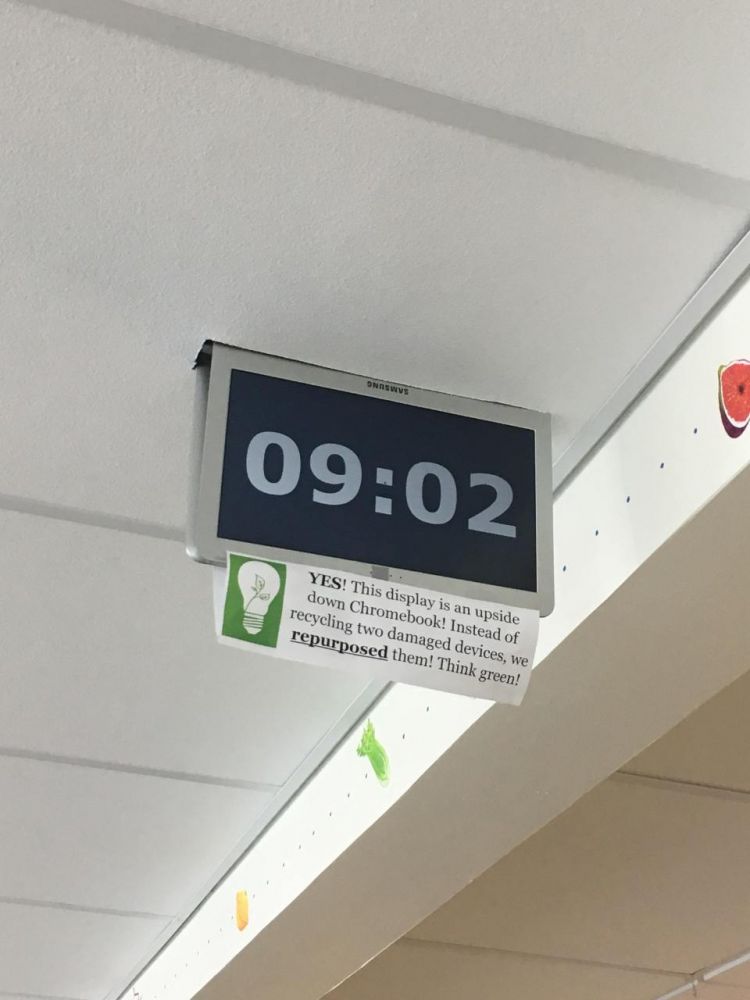Ranter
Join devRant
Do all the things like
++ or -- rants, post your own rants, comment on others' rants and build your customized dev avatar
Sign Up
Pipeless API

From the creators of devRant, Pipeless lets you power real-time personalized recommendations and activity feeds using a simple API
Learn More
Comments
-
Pretty sure the cesium clocks are based on a fundamental property...
https://en.wikipedia.org/wiki/... -
Given that time is relative, depending e.g. on speed and gravity, the question for "the" clock of the universe doesn't make sense.
-
@magicMirror Yes, and if you put it on a plane it will be different than one that stays on the ground. The relativity problem.
-
@Demolishun
🤔.
As I remeber it, time has the same "speed" for the same enclosed system. Only when you compare two systems, it looks as if time moves differently for the two systems. -
of course there are clocks that are based on a fundamental constant. the problem is: the rest of the universe isn't
-
@magicMirror The part that is trippy is the Earth is rotating, Earth is moving, Sun is moving, galaxy is moving, Universe is moving? Everything is moving really fast. We have no reference to know how fast for the Universe. It also means that things toward center of galaxy are moving slower (IIRC) so they are technically older than things on rim. The difference is age?
It also makes me laugh about the plausibility of time machines. If you wink out existence and wink back in within one hour you will be at least 700 miles away from where you started. So a time machine would also need to be able to traverse large distances. -
@Demolishun I think the closest that we can get to a time machine is a device that just sends information back in time. Information encoded in some quantum systems wouldn’t have the problem of location in space that you have mentioned. It would just emerge at the point in time and space where we can access it.
-
The problem is that you cannot really calculate the fastest ticking element of the universe.
Since energy and motion affect the time perception, we are already hitting a wall: Heisenberg’s uncertainty principle. Assuming we find the smallest quark and we freeze it to the absolute zero, we have no way to prove it has the minimum possible energy. But let’s assume we keep it purely theoretical and just do calculations without measuring.
We are now facing another wall: mass! Or better, vicinity with other quarks/atoms etc. we cannot simply define it as an infinitely far object, as that would make our “ticks” tend to infinity.
So let’s just accept a limit as an answer. Well, at a certain moment a particle will pop into existence near or far, but not infinitely far from our quark, changing the clock speed, so we would have to adjust for the probability of this happening, but we do not know when or how quantum theory does its stuff in a theoretical scenario… -
There’s also the “universe is expanding” issue… basically our clock speed would get slower and slower as the universe expands towards our hypothetical quark… and the universe’s clock would get slower! So… which tick is correct?
It is an incredibly stimulating question, but also one which we cannot answer yet… maybe we’ll never be able to answer it, maybe we will in a far future…
Related Rants


 margin-left: 100px;
margin-left: 100px; Wireshark 😂
Wireshark 😂
Wild thought: Is there such thing as a quantum clock? Or other natural source of timing based upon some universal building block?
I get how an atomic clock works. I am just wondering if the universe itself has its own clock.
random
clock
nature